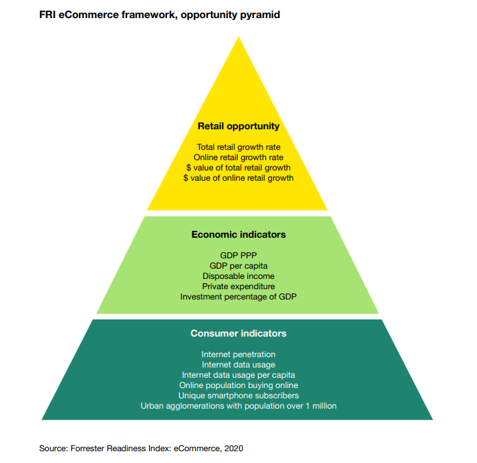
Dive Brief:
-
More than one-third of U.S. adults are shopping less at stores and more than half expect to this month due to the spread of COVID-19, a disease caused by a member of the coronavirus family, according to a client note Wednesday from Wedbush analysts.
-
Similarly, Morgan Stanley analysts led by Kimberly Greenberger found that last week total retail traffic fell 9.1%, apparel retail traffic fell 3.9% and luxury retail traffic declined by 14.7%, which analysts in a Wednesday note attributed to expanding news coverage of the virus in the U.S. The second week of March could mean steeper declines, they said.
-
Neither Wedbush nor Morgan Stanley analysts believe that e-commerce will fully mitigate the declines in shopping, according to their reports, which were emailed to Retail Dive.
Dive Insight:
Evidence of consumers pulling back on spending, particularly in brick-and-mortar stores, has implications not only for retail but also for the economy more widely, the analysts noted in their reports. They all stressed that the coronavirus situation is rapidly evolving, so that nothing is certain. Still, none see a full-blown recession on the horizon.
“COVID-19 and initial plans for its containment present some clear downside risks to the consumer spending outlook, but it would be premature to expect consumer spending to crater. Many categories of spending are resilient, even in the most uncertain times,” Wells Fargo economists Tim Quinlan and Shannon Seery wrote in their own Wednesday note. Lower gas prices could also free up household finances, they said, though they warned that the annualized growth rate in personal consumption expenditures “will slow to a crawl of just 0.3% in the second quarter,” which they said is the “slowest pace in seven years.”
Wedbush analysts led by Jay McCanless stipulated that COVID-19’s impact on sales and profits “will prove transitory and will not tip the economy into recession” and said that by the second half of this year, “pent-up demand could partially offset” the pressures felt now.
They also detailed some specifics unrelated to retail but that nevertheless hint at consumer sentiment, noting that 18% of U.S. adults they surveyed who were “likely to buy a home in the next year are now less likely to do so, and 10% of those likely to do a major home renovation in the next year are now less likely to do so.”
Footwear and apparel are among the least hurt by the consumer pullback at the moment, according to the Wedbush survey, which found about 80% “indicating none to a small impact to their shopping patterns due to the coronavirus.” They pointed to Dick’s Sporting Goods’ fourth quarter report, in which executives said they don’t anticipate the virus will hurt their overall fiscal year performance, though supply chain hiccups could continue. They do “expect material negative impact on apparel retailers” in the first half of the year, with a buildup of demand mitigating that in the second half.
These reports arrive as Coresight Research found mall traffic already down in February, before the most recent barrage of escalating cases in the U.S. Wedbush analysts Wednesday noted that traffic to theme parks, sporting events, concerts and other venues with large crowds is also down, and that consumers are canceling travel plans. Alan Behr, fashion industry attorney and Partner at Phillips Nizer, told Retail Dive in an email last week that change in behavior will hurt merchandise sales at those events.

